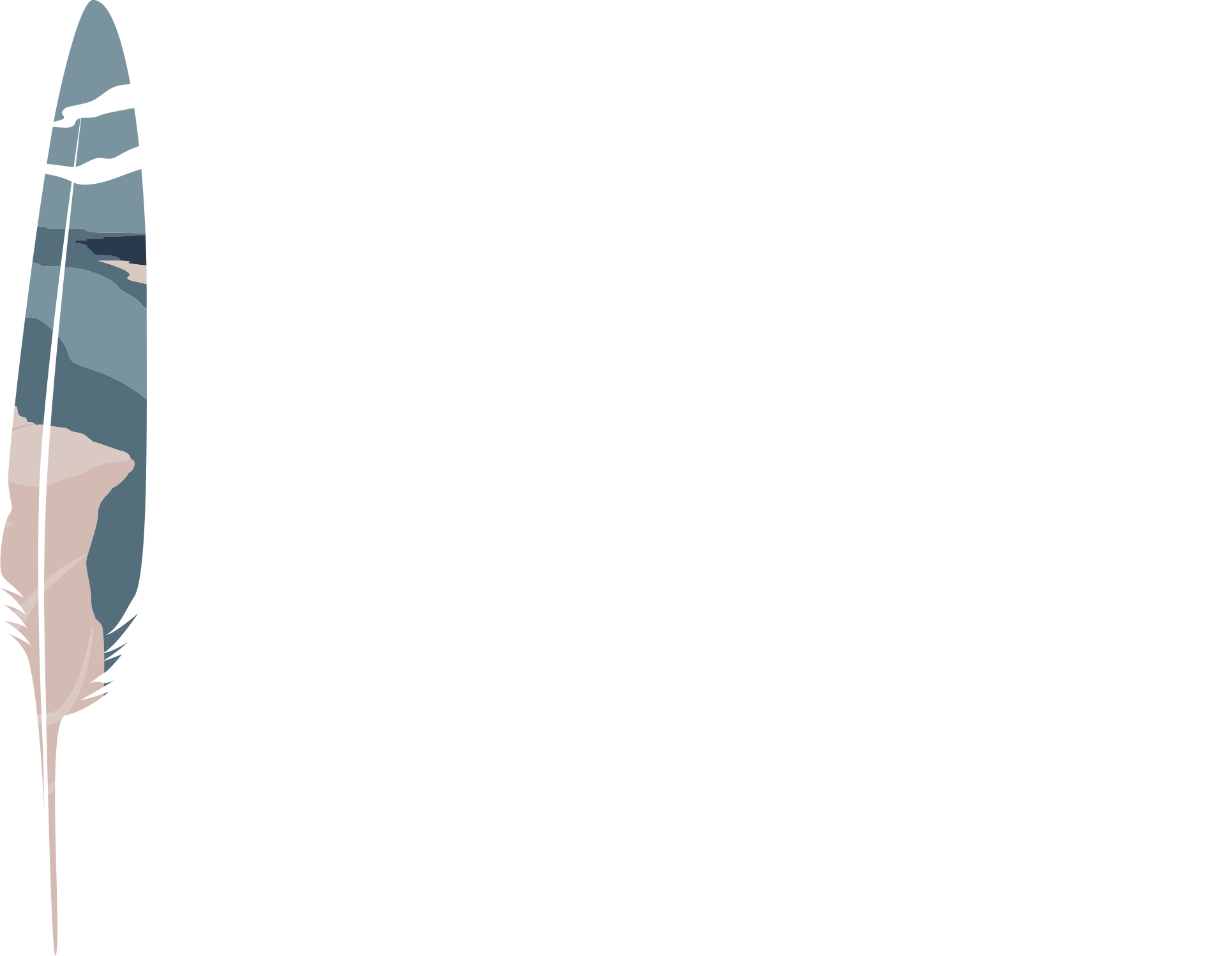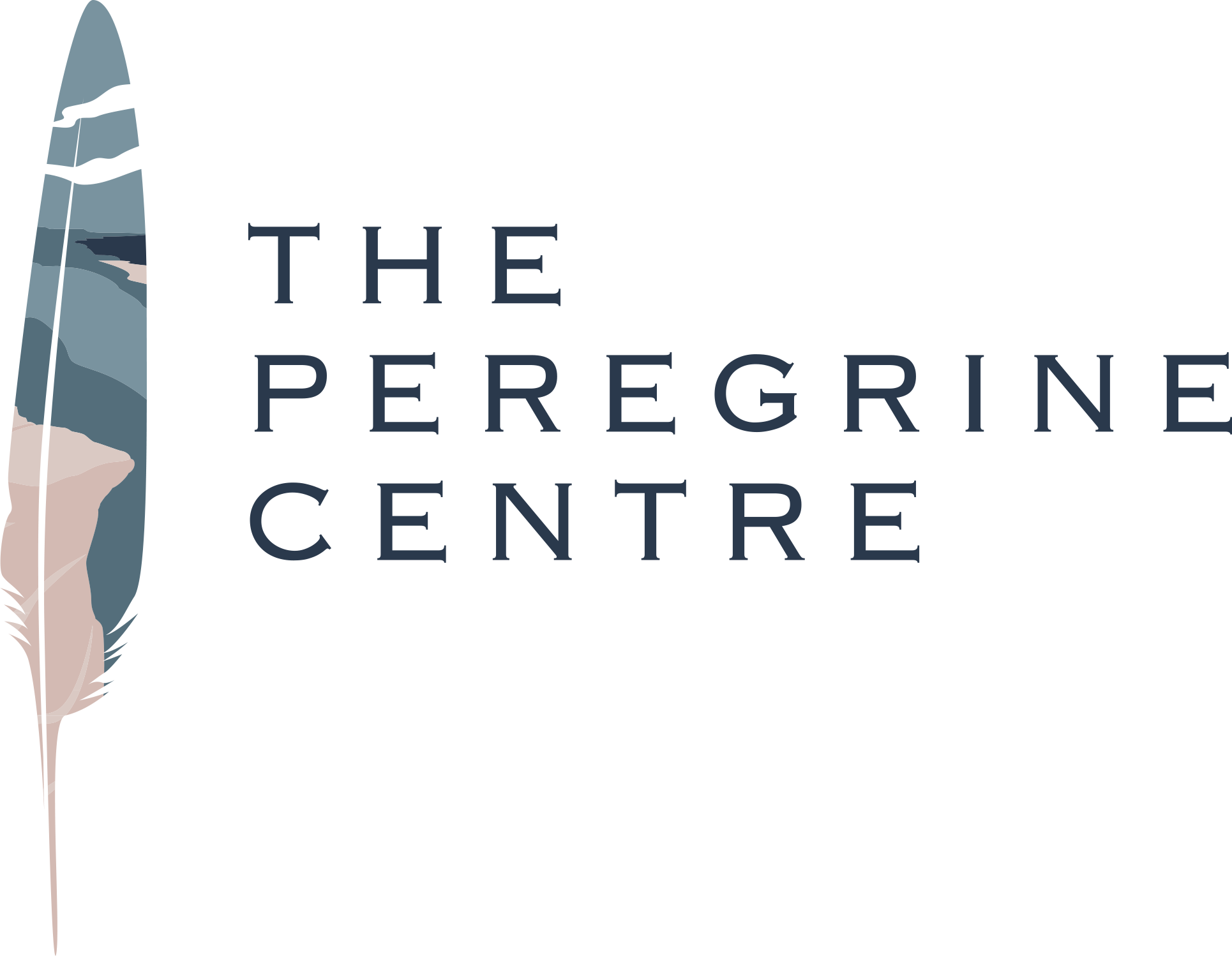
Small Grant Recipients for 2022-2023 Announced!
As part of the NSW Health Rural Mental Health Partnership, The Peregrine Centre is very proud to announce the wonderful recipients of the 2022-2023 Small Project Grants. We received applications for over $1.3 million in funding and so were not able to fund all projects, but we are very confident that the five successful applicants represent high-quality research, in line with the research priorities set by the rural LHD Directors, with enormous potential to significantly impact rural mental health practice in NSW. The selection panel would like to sincerely thank all the applicants who put so much effort into their submissions. We will be opening another funding round in November, 2022, so we encourage potential applicants to reach out to us and discuss your project early. We are very keen to support a wide cross section of implementation focused research.
TIATRA study (Telehealth increased access to treatment in rural areas for Borderline Personality Disorder)




Recipients: Carla Walton (Hunter New England LHD), Anna Dunbar (Murrumbidgee LHD), Katherine McGill (HNELHD), Sharleen Gonzalez (HNELHD).
Area of Study: Hunter New England and Murrumbidgee
This project aims to evaluate a service delivery model to increase access to evidence-based treatment for consumers with a diagnosis of Borderline Personality Disorder (BPD) living in rural areas of Hunter New England Local Health District and Murrumbidgee Local Health District. Borderline Personality Disorder (BPD) is a mental illness characterised by chronic emotion dysregulation, self-injury and suicidal behaviour. Dialectical Behaviour Therapy (DBT) is the most efficacious treatment for BPD and is typically delivered by clinicians in a single team that are physically co-located. However, in rural areas in NSW, it has been difficult to establish or sustain DBT programs. This project will trial a model of service delivery whereby the skills-based group therapy component of the treatment is provided by telehealth for consumers in rural areas across the District. The individual therapy component will be provided by rural clinicians of the local community mental health service. We will evaluate the effectiveness of this model of service delivery with a focus on how feasible, acceptable and sustainable it is. If successful and scaled, this model of service delivery would increase access for consumers with BPD in rural areas to an effective treatment, and support clinicians in rural areas in treating BPD.
Mutual support and the mental health and wellbeing of rural men: A mixed methods evaluation of SMART Recovery groups



Recipients: Peter Kelly (University of Wollongong), Alison Beck (UOW), Martin Clements (Western NSW Local Health District)
Area of Study: Western NSW
Men, and rural men in particular, experience a disproportionate level of burden from mental health concerns and problematic use of alcohol and other drugs. Of concern, men do not typically access support for mental health. However, use of addiction services is typically higher. This includes SMART Recovery mutual support groups. SMART Recovery groups utilise principles and strategies (e.g. motivational interviewing, cognitive behaviour therapy) that can help with both mental health concerns and problematic use of alcohol and other drugs. Importantly, such action-oriented, self-management approaches are more likely to be acceptable to males. These groups have the added benefit of accessibility, with no cost or waiting list, and availability online and face-to-face. Evidence supports the benefits of attending mutual support groups. However the role of SMART Recovery groups for improving the mental health and wellbeing of rural men has yet to be evaluated. This mixed-methods evaluation will address this gap. Qualitative and quantitative data will be used to examine the experiences, patient reported outcomes and characteristics of rural men who attend SMART Recovery groups, and how links to mutual support groups and the broader treatment sector could be better facilitated.
AIR Therapy intervention for adolescents with signs and symptoms of borderline personality disorder: Piloting a therapist-assisted internet-delivered treatment.








Recipients: Michelle Townsend (University of Wollongong), Brin Grenyer (UOW), Kathleen Manning (Murrumbidgee LHD), Samantha Reis (UOW), Nicholas Day (UOW), Emily Matthews (UOW), Amanda Gigliotti (UOW), John Dean (MLHD).
Area: Murrumbidgee
AIR Therapy is a clinician-assisted online intervention for adolescents with complex mental health difficulties such as self-harm, emotional dysregulation and impulsive behaviours. This innovative therapist-assisted internet-delivered treatment is the first to specifically target emerging personality disorder in adolescence and associated complex mental health presentations. AIR Therapy was developed from an existing manualised approach, and is comprised of six online modules which target domains including managing distress and emotions, building sense of self and identity, strengthening relationships and self-care. These modules are delivered over 6 weeks and accompanied by online psychotherapy sessions.
This research aims to assess the feasibility and acceptability of AIR Therapy among a sample of adolescents and their clinicians in Murrumbidgee Local Health District. Furthermore, this project will provide preliminary data on the effectiveness of the intervention in reducing mental health symptoms and improving quality of life for the adolescents. The outcomes from this project aim to provide more cost-effective, accessible treatment of emerging borderline personality disorder in adolescence, particularly in rural and remote environments where adolescents who may not otherwise have access to psychotherapy.
Addressing unmet mental health service needs in rural/regional New South Wales: Assessing the impact of a university-based e-therapy training clinic



Recipients: Bruce Christensen (Australian National University), Julia Reynolds (ANU), Erin Parker (ANU)
Area: Southern NSW and Murrumbidgee
Rural and regional communities are experiencing substantial mental ill-health. Mental health services in these areas are scarce, hard to access, and do not always uniquely consider rural and regional contexts. To address these gaps, the Australian National University’s e-Therapy Clinic (e-TC) delivers low-cost, evidence-based, high-quality psychological treatment using a blended model of videoconferencing with a limited number of in-person therapy sessions. The treatment is delivered by postgraduate psychology trainees (supervised by Clinical Psychologists) and offered through local primary care settings. Feedback on pilot projects has been extremely positive. However, the impact of the e-TC has yet to be formally evaluated to determine how well treatment is working and for whom, and whether it is meeting the needs of consumers and primary care referrers. Accordingly, this project will conduct a rigorous evaluation of the e-TC using RE-AIM to assess its reach, effectiveness, adoption, implementation, and maintenance. It will utilise both qualitative (i.e., community interviews) and quantitative (i.e., routine clinical outcome measures) methods. Findings will be fed-back to stakeholders for validity-checking and refinement. Increased understanding of the effectiveness and optimal delivery of the service will guide improvements to treatment delivery and help identify opportunities to expand the ANU e-TC to other rural and remote communities.
Supporting First Nations Mental Health Trainees


Recipients: Brian Sengstock (Charles Sturt University), Jola Stewart-Bugg (CSU)
Student Stipend
Funding from the Peregrine Centre will be used to support the development of an online Social and Emotional Wellbeing (SEWB) module that can be delivered in the on-line environment to Bachelor of Health Science (Mental Health) students enrolled at Charles Sturt University. The SEWB module will be delivered on line, prior to students undertaking clinical placement and is designed to provide students with an understanding of the need to consider self-care when providing counselling services in the clinical setting. The SEWB module will identify strategies that First Nations students have found useful and how they manage the complex education, social and cultural elements in their clinical role.

